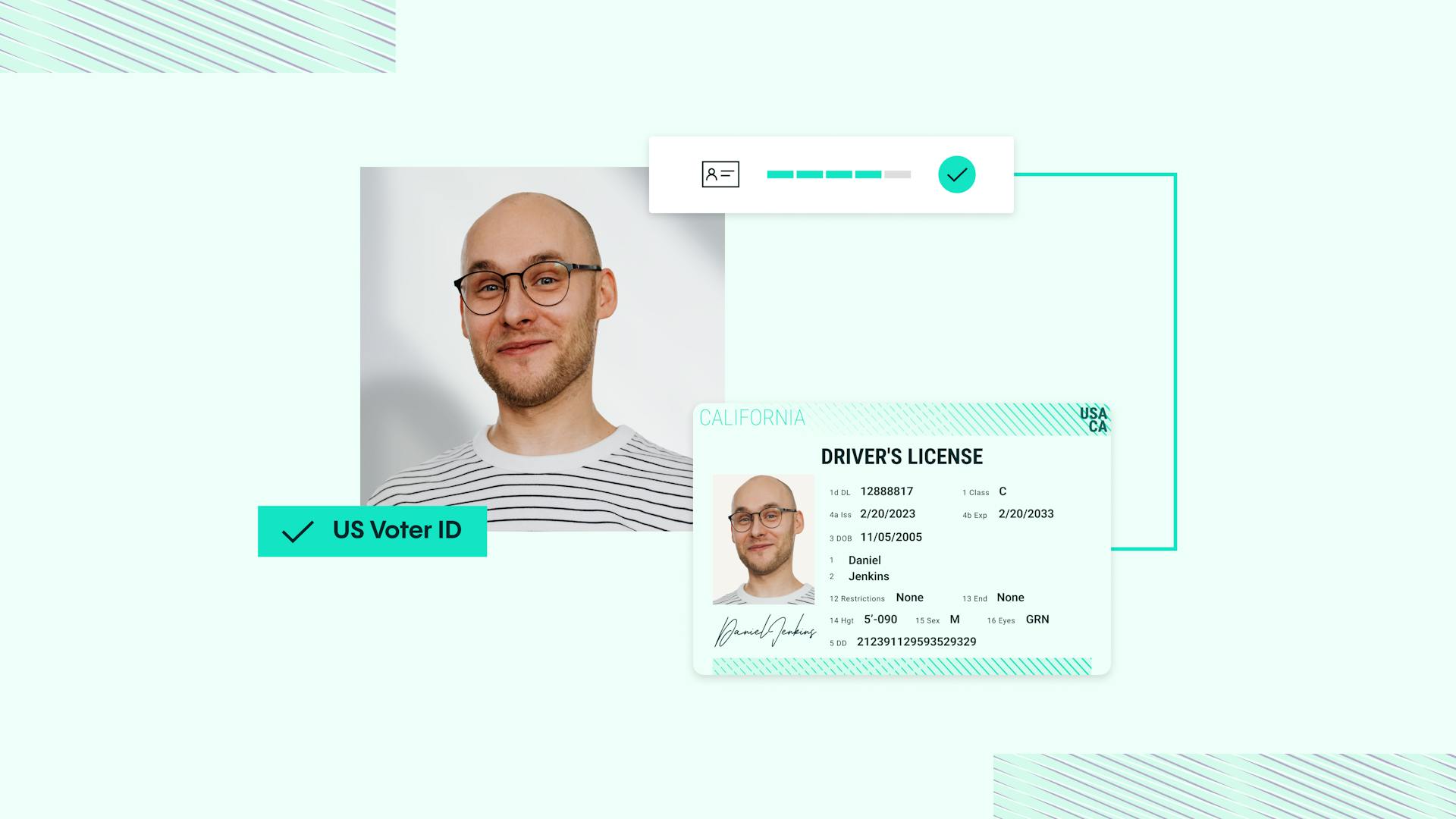Understanding Voter ID laws: 5 key points for the 2024 US Elections
Voter ID laws and their relevance to the 2024 US elections are crucial amid debates and legal battles over voter access and election integrity. Here are 5 key points to consider:


Camila Diz Nuvolari
1. Voter ID requirements
Many states in the U.S. have implemented laws that require voters to present specific forms of identification at the polls. These laws vary significantly from state to state, with some requiring photo IDs and others accepting non-photo forms of identification.
Each state has its own voter ID laws, with most requiring identification to vote in person. It's essential to know your state's specific ID requirements before heading to the polls.
Some states mandate a photo ID (e.g., driver's license, state ID, passport), while others may accept different forms of identification, such as a voter registration card, birth certificate, or Social Security card.
Federal law requires first-time voters who registered by mail and did not show ID during registration to present identification on Election Day. Acceptable forms of ID include current and valid photo IDs, utility bills, bank statements, government checks, paychecks, or government-issued documents showing your name and address.
A comparison of requirements and procedures across states
Voter identification laws in the United States are categorized by the type of ID required—photo or non-photo—and by the procedures available for voters lacking ID, classified as strict or non-strict. In 21 states, photo ID is mandatory, while 15 states accept non-photo forms of identification. In cases where voters do not have the required ID, non-strict laws allow for alternative voting methods, such as signing an affidavit or using provisional ballots without additional steps for the voter. Conversely, strict laws necessitate that voters with provisional ballots take further action after Election Day to ensure their votes are counted, such as providing acceptable ID to election officials within a designated timeframe.

2. Election integrity and security
Proponents of voter ID laws argue these requirements are necessary to prevent voter fraud and ensure the integrity of elections. They believe that requiring ID helps verify the identity of voters and maintains the legitimacy of the election process.
3. Voter access and suppression
Critics of voter ID laws argue these requirements may disenfranchise minorities, the elderly, and low-income individuals who might struggle to get the needed identification. They argue that such laws can lead to voter suppression by creating barriers to voting.
4. Legal challenges and court rulings
Voter ID laws have been the subject of numerous legal battles (f.e. Shelby County v. Holder (2013). Courts have weighed in on the constitutionality and fairness of these laws, sometimes upholding them and other times striking them down or requiring modifications.
5. Impact on voter turnout
The presence and strictness of voter ID laws can affect voter turnout. Studies have shown mixed results, with some indicating that strict ID laws may reduce turnout among certain demographic groups, while others find minimal impact.
In the context of the 2024 elections, these factors will play a crucial role in shaping voter participation, legal frameworks, and the discourse around election integrity and access. The outcomes of these elections may also influence future legislation and policies related to voting and elections in the United States.
How can Veriff help?
Veriff’s Identity and Document Verification solution combines AI-powered automation with reinforced learning from human feedback and, if necessary, manual validation. With support for more than 12,000 document specimens from more than 230 countries and territories, we offer speed, convenience, and reduced friction to convert more users, mitigate fraud, and comply with regulations.
Types of US Documents Veriff supports for voter identification
Veriff supports a wide range of US documents that can be relevant for meeting voter ID requirements.
Here are some key types of documents Veriff can verify:
- Driver's Licenses: Issued by state motor vehicle departments, driver's licenses are one of the most commonly accepted forms of ID for voting. They include essential details, such as the voter's photo, address, and date of birth.
- State ID Cards: These are similar to driver's licenses, but are available to non-drivers. State ID cards provide the same level of verification and are accepted in many states for voting purposes.
- Passports: A US passport is a federally issued document that serves as a strong form of identification. It includes a photo and personal details, ensuring robust verification.
- Tribal IDs: Recognized by certain states, tribal IDs issued by federally recognized Native American tribes can also serve as valid voter identification.
- Utility Bills and Bank Statements: While not primary forms of ID, these documents can sometimes be used to verify residency in conjunction with other identification forms.
Veriff supports various documents, ensuring secure identification methods that meet diverse state requirements.
Learn more
Get the latest from Veriff. Subscribe to our newsletter.
Veriff will only use the information you provide to share blog updates.
You can unsubscribe at any time. Read our privacy terms



